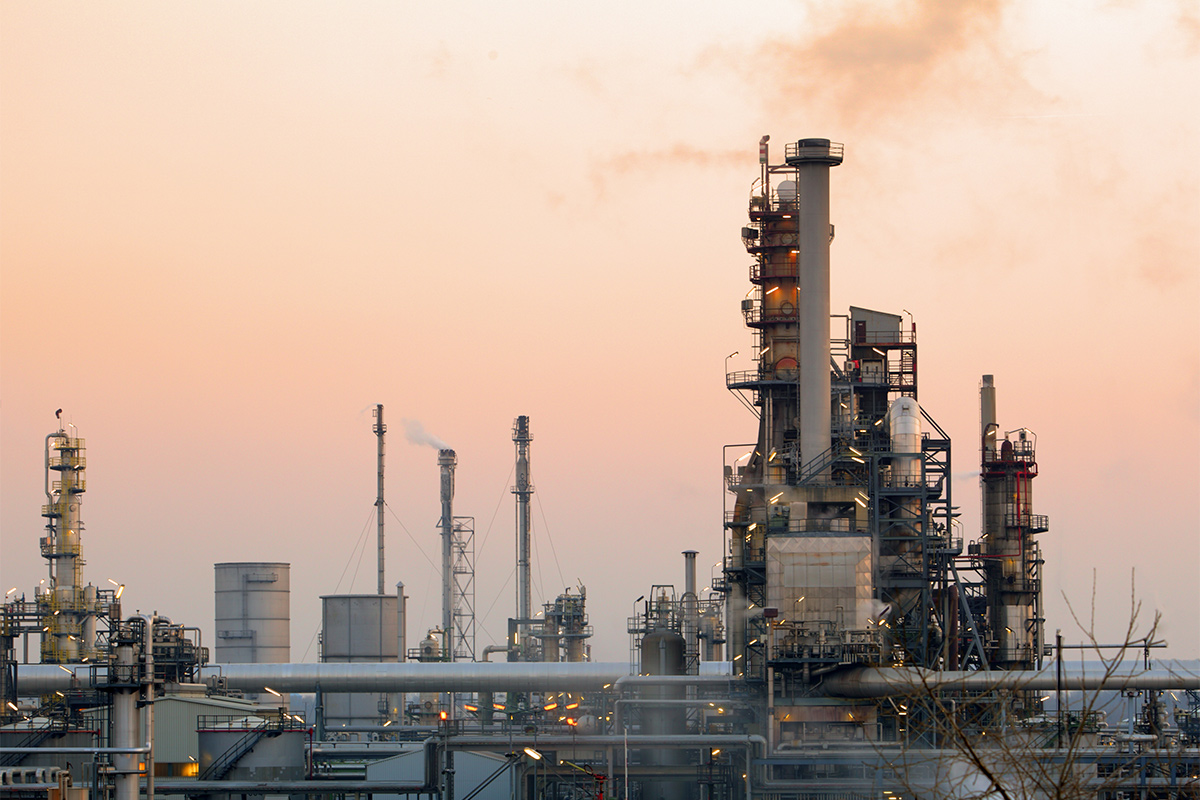India Inc seems undeterred by the second wave of Covid pandemic and feels that the current times present ideal investment opportunity, both for financial and industrial investors.
In his address at the 6th National Leadership Conclave of the All India Management Association (AIMA), Hero Enterprises Chairman Sunil Kant Munjal said that it is a tremendous opportunity to invest in India now, both for the financial investors and the industrial companies.
Advertisement
The capex cycle, which was slow for 12-14 quarters, is reviving and companies are making serious capex commitments for the next few quarters, he said.
According to Munjal, the domestic investors are getting more adventurous during a crisis while money is flowing in from overseas in search of returns. Also, he pointed out, the last quarter showed that demand will come back once Covid was under check.
“There is a belief that this is a start of a long-term investment cycle that will go on for a decade or more,” he said.
AIMA President and JK Paper Ltd Vice Chairman & Managing Director, Harsh Pati Singhania, qualified his optimism about industrial investment, saying that where capacity utilisation is nearly full, there it is time to invest. He reminded that many sectors and companies are still in difficulty and will not invest. However, he argued, a lot of investment will go not into producing more of the same but into digitalisation and enabling better customer experience.
AIMA’s Immediate Past President and Kirloskar Brothers Ltd Chairman and Managing Director Sanjay Kirloskar said that the business models are changing and his companies’ investment have been targeted more at the backend than at capacity.
“I have to ask myself if my manufacturing business is going to turn into a subscription business. I have to prepare for that,” he said.
Kirloskar informed that his group has invested in 3D printing, augmented reality, virtual reality etc. He reminded that business leaders have to choose the suitable technologies from among the many coming through and get the best return on those before those become obsolete.
The business leaders were unanimous that the industry is better prepared for the second wave of Covid than it was for the first one last year.
Singhania said that last year, companies did not know how the lockdowns would affect them. According to him, last year, the manufacturing facilities continued to produce till they ran out of raw materials and supplies whereas this time they are tracking consumption in different states and areas and working backwards on the supply chain. Producing for markets under lockdowns would only block money in inventories, he said.
Kirloskar said with the second wave of Covid, his company has brought back the protocols of the initial Covid situation. The people in the factory have been reduced, the offices have been closed for work from home, and only the design work that requires high-end computers is being done in office, he said.
Manufacturing plants are mostly in the rural areas and companies are working with the local administration to help the local community while keeping the operations going. Singhania said that the bigger challenge is the expansion work, which cannot be stopped overnight. A lot of people working there are migrant labourers and companies need to ensure that they do not panic and run away en masse.
From an investors’ perspective, Munjal said that stress testing businesses is essential. “We invest in many companies and we have asked them to show us cash flows and not business plans. We have asked them how long can you last with 50 per cent of the revenues and how long with 0 per cent revenue,” he said.
Munjal said that digitalisation and automation are becoming essential to keep the business running and planning for the unimaginable. “One should take advantage of the downturn to do things that one could not do otherwise,” he said.











